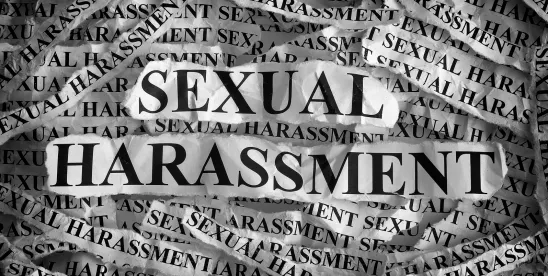Employers must stay informed about the implications of the Ending Forced Arbitration of Sexual Assault and Sexual Harassment Act (EFAA) and its impact on workplace policies. A case before the U.S. Court of Appeals for the Eighth Circuit is addressing whether the lower court correctly determined that a worker can bypass arbitration under the EFAA, enacted on March 3, 2022.
In Famuyide v. Chipotle Mexican Grill, Inc., a significant legal battle is currently underway, centered on whether a former employee can pursue her sexual harassment claims in court rather than through mandatory arbitration. The Eighth Circuit is set to determine when a "dispute" under the EFAA arises, which will clarify whether Famuyide’s case falls under EFAA protection.
The employee alleges she was sexually assaulted by a coworker while working at Chipotle in November 2021. Following the assault, she reported the incident to her supervisors but claims that Chipotle did not conduct a formal investigation or provide her with support. In July 2022, she filed a lawsuit against Chipotle in Minnesota state court. Chipotle then moved to compel arbitration, citing an arbitration agreement the employee allegedly signed during her onboarding process.
However, the employee argued that the EFAA, effective March 3, 2022, invalidated the arbitration agreement. The district court denied Chipotle's motion to compel arbitration, determining that the dispute arose when Famuyide filed her lawsuit, which was after the EFAA's effective date.
Timing of the Dispute
The Eighth Circuit's decision could go several ways, each with significant implications for employers. The court could decide a dispute arises:
- At the Time of the Alleged Misconduct: If the court rules that a dispute arises at the time of the alleged harassment or assault, it would mean that many claims pre-dating the EFAA’s enactment might not benefit from its protections.
- When a Lawsuit is Filed: If the court supports the lower court’s ruling, it would mean that disputes are recognized when a formal lawsuit is initiated, allowing more claims to bypass arbitration if filed after the EFAA's effective date.
- When a Pre-suit Charge is Filed: This interpretation, seen as a middle ground by some courts, would mean the dispute begins when an administrative charge is filed, potentially expanding the EFAA’s reach but still requiring an initial formal step by the complainant.
This case presents a novel issue, as no federal circuit has addressed the question of when a dispute “arises” under the EFAA. The interpretation of this will set a precedent affecting many similar cases. Other federal district courts, like those in the Southern District of Florida and the District of Utah, have had varied interpretations, with some considering filing a pre-suit bias charge with an administrative agency as the starting point of a dispute.
The Chipotle case highlights the evolving landscape of employment law and the importance of understanding the EFAA’s implications. Employers should consider reviewing their arbitration agreements, establish clear complaint procedures, provide regular training, and consult legal experts to navigate these complexities. Staying informed and proactive will help create a safer and more equitable workplace environment, ensuring compliance with the latest legal standards.
The Eighth Circuit’s forthcoming decision will be crucial in defining the interpretation and management of disputes under the EFAA, setting a significant precedent for future cases.




 />i
/>i

